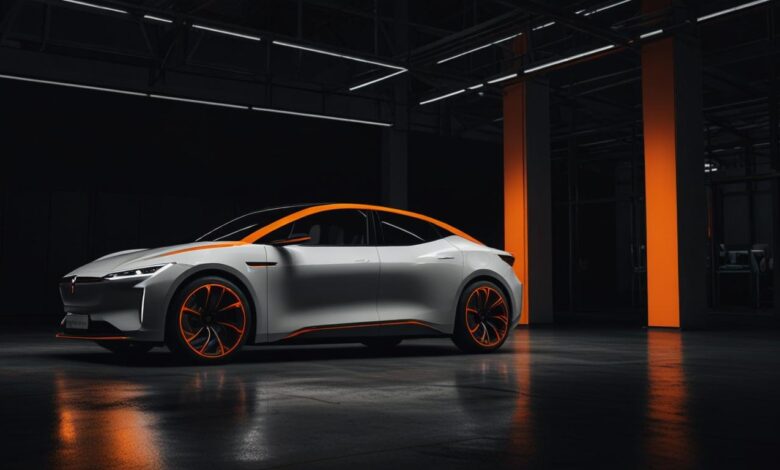EU Imposes New Tariffs on Chinese Electric Vehicles Amid Trade Disputes

The European Union has announced additional tariffs on electric vehicles imported from China to address concerns of unfair competition. These new tariffs are set to impact key Chinese manufacturers and European carmakers, sparking fears of retaliatory measures and trade tensions.
The European Union has imposed additional tariffs on electric vehicles imported from China, adding to existing duties amid concerns of unfair competition. Announced on June 12, 2024, these new tariffs range between 17.4% and 38.1%, targeting key Chinese manufacturers such as BYD, Geely, and SAIC. The European Commission stated the tariffs are in response to findings that Chinese EVs benefit heavily from government subsidies, posing a threat to the EU automotive industry.
This regulation change follows a similar step by the US, which recently increased tariffs on Chinese EVs to 100%. The European Union’s new tariffs are scheduled to take effect on July 4, 2024. The automotive sector is critical for the EU, employing millions and heavily reliant on trade. However, several European carmakers that produce EVs in China and export them back to Europe, including Tesla and BMW, will also be affected by these tariffs.
China has criticized the EU’s move as lacking legal basis and warned of potential retaliatory measures, such as increasing tariffs on European goods. The situation has raised concerns among EU car manufacturers about potential price hikes and reduced demand. German Chancellor Olaf Scholz has expressed concerns over these trade tensions, emphasizing the risks of “isolation and illegal customs barriers.”
The EU’s decision underscores the ongoing global trade challenges and the competition in the emerging electric vehicle market. Despite fears of a trade war, the EU has indicated openness to dialogue with China to resolve the dispute amicably.








